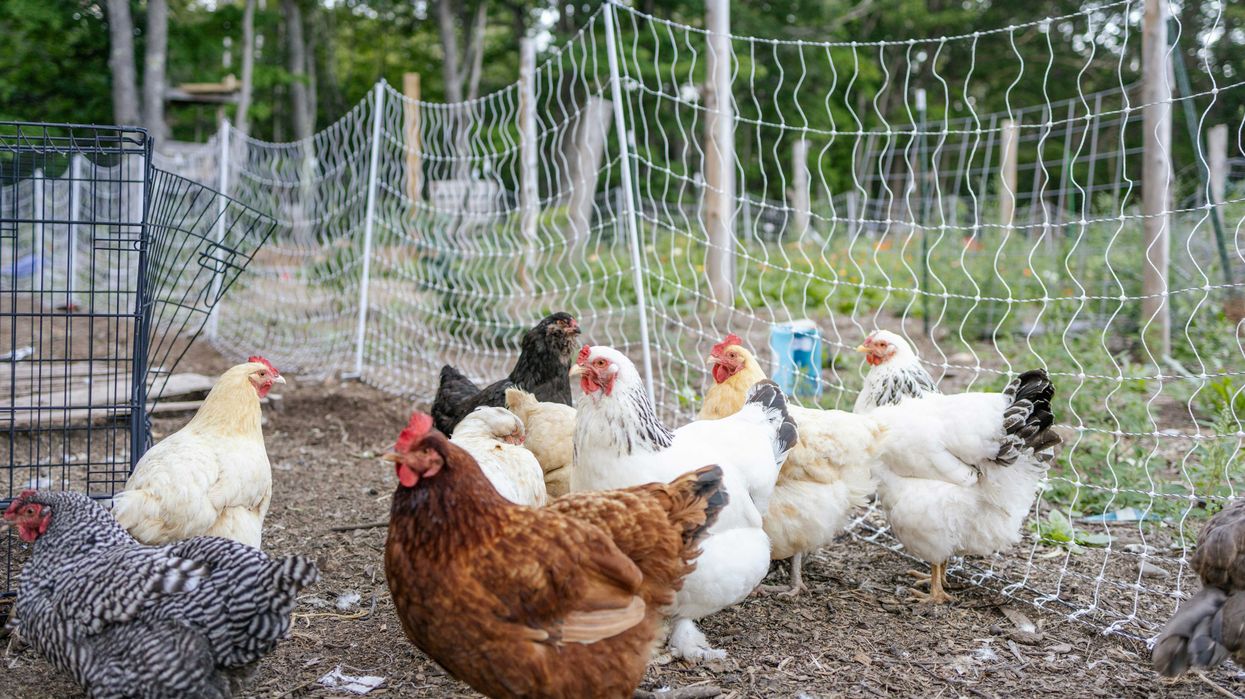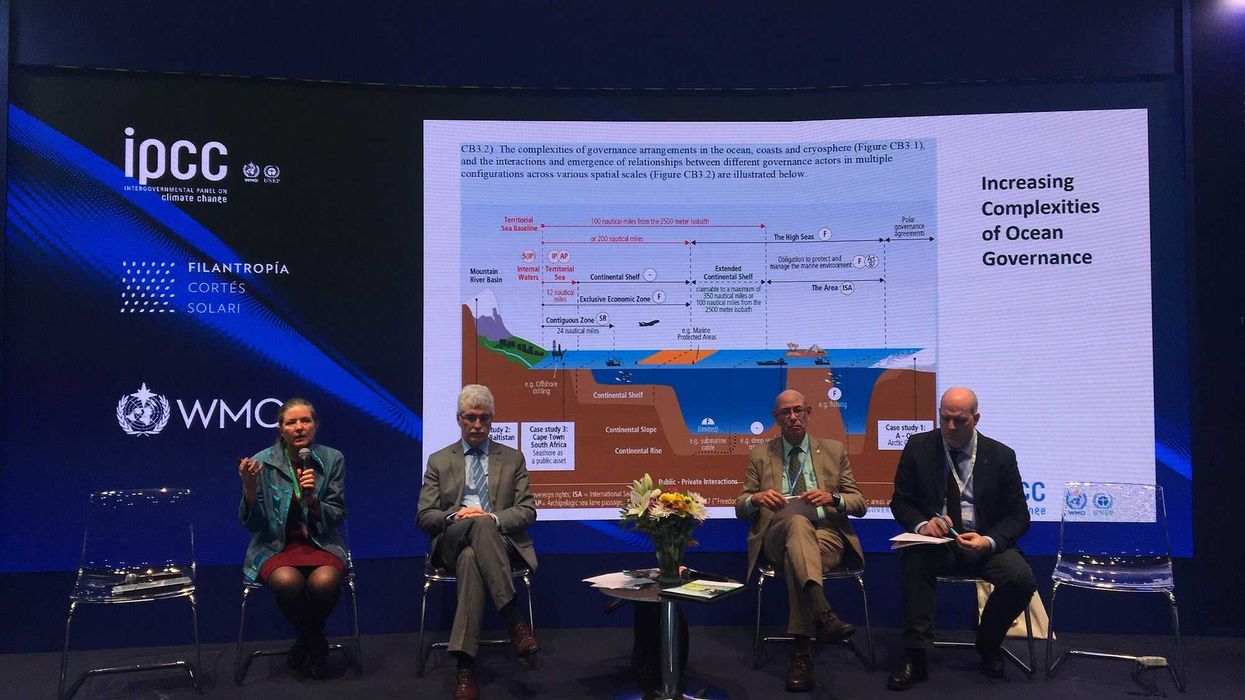The global shift in nutritional health, as outlined in a new report from The Lancet, signals an urgent need for comprehensive strategies that address obesity as a worldwide issue.
Clare Roth reports for Deutsche Welle.In short:
- Global obesity has dramatically increased, with 1 in 8 people now considered obese, a significant rise from past decades.
- The increase is more pronounced in low-to-middle income countries, overtaking the rates in wealthier nations.
- Despite a decrease in undernutrition globally, obesity's rise presents a new challenge, with some countries experiencing a shift from underweight to overweight populations.
Key quote:
"The sales of processed food or drinks or the number of supermarkets and outlets — that's where the largest increase is. [It's a] very rapid transformation of that food system and not toward the better."
— Francesco Branca, director of the WHO's Department of Nutrition and Food Safety
Why this matters:
The shift toward higher obesity rates, especially in low-to-middle income countries, underscores a global health crisis that challenges traditional notions of malnutrition and calls for urgent public health interventions. Notably absent however, from the Lancet study and the authors' conclusions, is the emerging field of obesogen science and treating obesity as an environmental problem.














